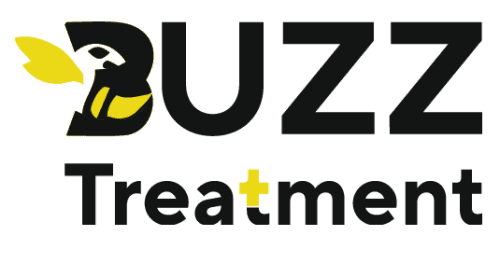When you are self-employed, there’s almost nothing to worry about! You have the liberty to set your working hours, decide about your days off, and can give yourself a raise whenever you want. Despite all the benefits self-employment brings, you also have to take care of your retirement plans since you won’t have an employer to do so. If you think this is something to be concerned about then you are right.

Why Is A Retirement Plan Important?
You might’ve heard about accounts and retirement plans that many people may recommend as soon as you enter the job market. A retirement plan is quite important for everyone today as we have to secure our futures when we’re no longer working. Let’s suppose you are unable to create and follow through with a retirement plan; this means that you’d be unable to hold your accommodation and your living expenses, which might result in you living with a family member or a friend while desperately looking for a job to make ends meet. Usually, people believe that by the retirement age, a person should have enough to enjoy and live their lives peacefully.

According to the U.S. Census Bureau, around 49% of Americans around the age of 55-65 are not financially stable for retirement. The most shocking part about this report is that it indicates that women contribute to being the majority with the least amount of retirement savings.
Here are some tips you can look into when creating a retirement plan for self-employed people.
1. One Participant 401(k)
When you work a 9-5 job, your employer might allow you to participate in a 401(k)-retirement plan. Self-employed people can contribute to a 401(k) as well, but they’ll only be considered a single participant.
For 401(k), it doesn’t matter whether you start at a young or older age. It doesn’t matter how much income you bring every month. Currently, you can contribute around $61,000 while people who are above the age of 50 can contribute $6500 in catch-ups.
2. SEP IRA
A Simplified Employee Pension (SEP) IRA is suitable for self-employed individuals or business owners who can invest without worrying about tax deductions until they retire. However, income tax applies to all kinds of withdrawals. SEP IRA is great for businesses with few employees and requires employers to contribute an equal percentage of their workers’ compensation.
3. SIMPLE IRA
A Savings Incentive Match Plan for Employees (SIMPLE) IRA is another retirement plan for self-employed individuals. They are easy to set but require much more contribution than your usual IRA accounts. However, SIMPLE account holders have the benefit of contributing pre-tax income.

So, to fund your retirement age, you must start saving from the time you start earning.




